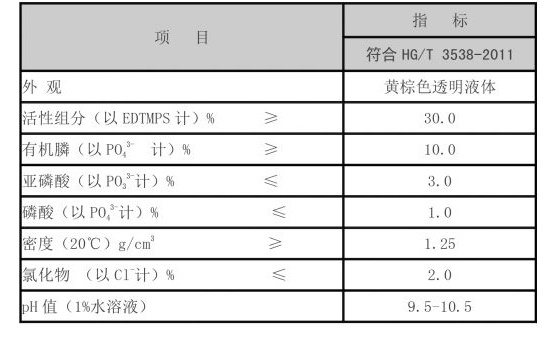poly aluminium chloride in wastewater treatment
Poly Aluminium Chloride (PAC) is a versatile coagulant widely used in wastewater treatment processes. Its effective application in the removal of impurities from water has made it a popular choice in various industrial and municipal settings. This article explores the role of PAC in wastewater treatment, highlighting its benefits, mechanisms, and considerations.
PAC is a polymeric compound that possesses several advantageous properties over traditional coagulants like aluminum sulfate. Its high charge density and large molecular size facilitate better floc formation, leading to more efficient sedimentation of suspended solids. The enhanced coagulation process results in clearer effluent water, which is crucial for meeting regulatory standards and ensuring environmental safety.
The primary mechanism through which PAC operates involves destabilizing colloidal particles in water. When PAC is added to wastewater, the positively charged ions neutralize the negative charges on suspended particles, allowing them to clump together into larger aggregates called flocs. These flocs can then settle at the bottom of the treatment tank, making it easier to remove them during subsequent processing steps. This process not only removes solids but also aids in the removal of pollutants such as phosphates and turbidity.
One significant advantage of using PAC in wastewater treatment is its effectiveness across a wide range of pH levels. While traditional coagulants can work optimally only under specific pH conditions, PAC maintains its efficacy in both acidic and alkaline environments. This flexibility makes PAC suitable for treating diverse wastewater streams, including those from industrial processes, municipal facilities, and even agricultural runoff.
poly aluminium chloride in wastewater treatment

Moreover, PAC has been shown to produce lower sludge volumes compared to other coagulants. Reduced sludge production is beneficial, as it decreases the costs associated with sludge handling and disposal, which are significant concerns in wastewater management. This attribute makes PAC not only environmentally friendly but also economically viable for treatment facilities.
However, while PAC offers numerous benefits, careful dosing and monitoring are crucial. Overdosing can lead to residual aluminum levels in treated water, which poses potential risks to aquatic life and human health. Hence, operators must ensure proper handling and dosing protocols are followed to mitigate any adverse effects.
In conclusion, Poly Aluminium Chloride is an effective and efficient coagulant for wastewater treatment. Its ability to enhance floc formation, operate across varying pH levels, and reduce sludge volume makes it a valuable asset for treatment facilities aiming to improve water quality. As the demand for sustainable wastewater management practices increases, the use of PAC will likely continue to grow, providing solutions that promote environmental protection and public health.
-
Water Treatment with Flocculant Water TreatmentNewsJun.12,2025
-
Polymaleic AnhydrideNewsJun.12,2025
-
Polyaspartic AcidNewsJun.12,2025
-
Enhance Industrial Processes with IsothiazolinonesNewsJun.12,2025
-
Enhance Industrial Processes with PBTCA SolutionsNewsJun.12,2025
-
Dodecyldimethylbenzylammonium Chloride SolutionsNewsJun.12,2025





